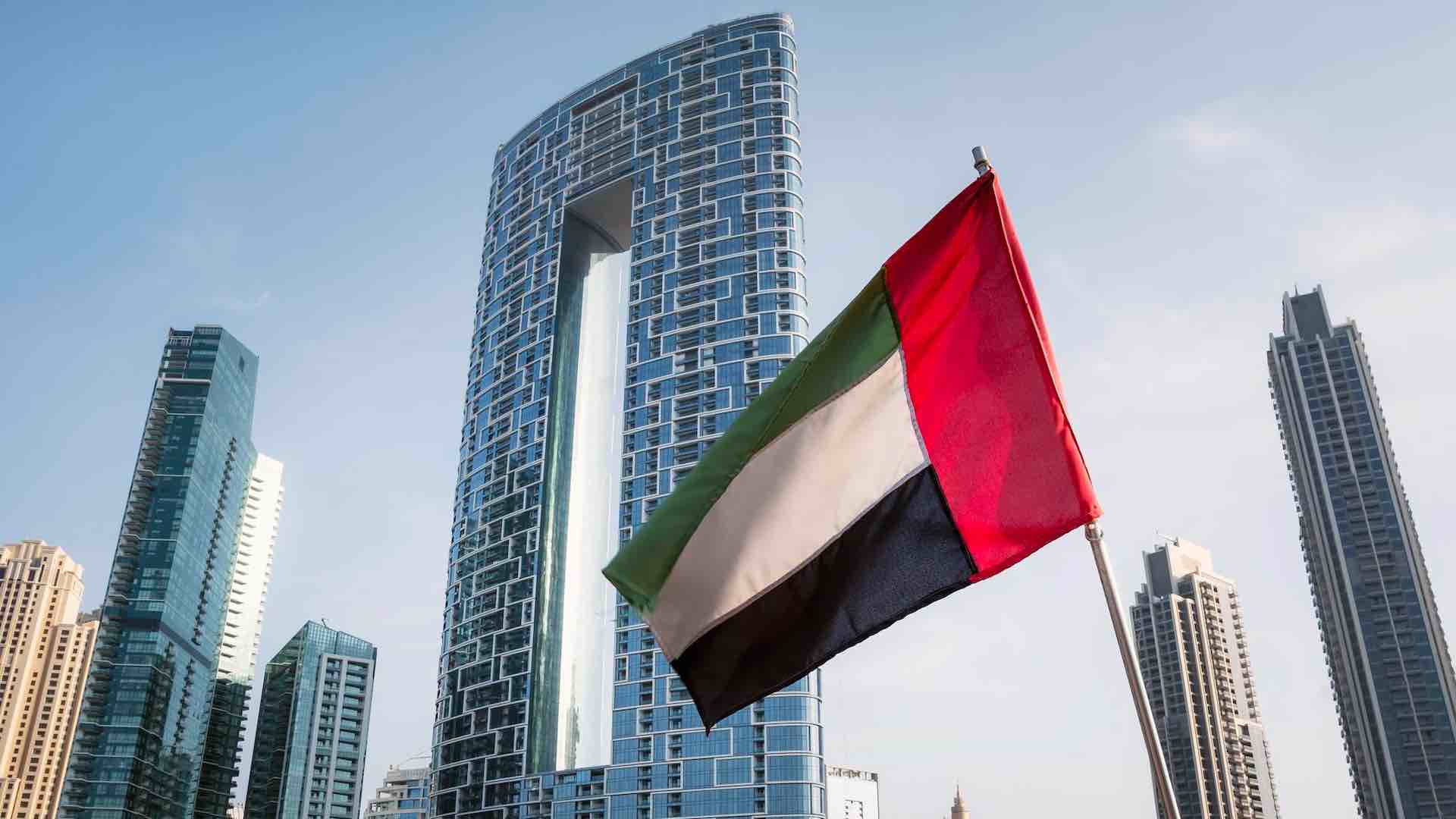The Central Bank of the UAE (CBUAE) has released its latest statistics, revealing a significant surge in the assets of Islamic banks within the country. Over the past 12 months, these institutions have seen their assets rise by approximately AED86 billion. As of the end of February 2024, the collective assets of Islamic banks stood at AED717.7 billion, marking a robust annual increase of 13.61 percent from the AED631.7 billion recorded in February 2023.

In addition to the growth in assets, deposits in Islamic banks experienced a noteworthy uptick. Total deposits reached AED509.4 billion by the end of February, showcasing a substantial 15.8 percent annual increase compared to the AED439.9 billion recorded in the same month of the previous year, an increase equivalent to AED69.5 billion over the 12-month period. Furthermore, the statistics revealed that the total investments of Islamic banks reached AED141.7 billion at the end of February, underlining the robust financial activities within these institutions.
Meanwhile, conventional banks based in the UAE also witnessed an upward trajectory in their total assets during the reference period. With assets totaling AED3.48 trillion as of February 2024, there was an 11.7 percent increase from the AED3.116 trillion recorded in February 2023. Conventional banks continue to dominate the financial landscape in the UAE, holding approximately 82.9 percent of the country’s total banking assets by the end of February. This amounted to AED4.198 trillion, significantly overshadowing the share held by Islamic banks, which stood at 17.1 percent.
The latest data from the Central Bank of the UAE (CBUAE) not only provides insight into the financial landscape of the nation but also underscores the resilience and growth potential inherent in the Islamic banking sector within the UAE. This significant increase in assets and deposits over the past year indicates a growing preference for Islamic banking services among consumers and businesses alike.
As Islamic banks continue to expand their footprint and offerings, they are increasingly becoming key players in the country’s financial ecosystem, contributing to greater diversity and stability in the banking sector. Moreover, their adherence to Sharia principles attracts a wide range of clientele, both domestically and internationally, further solidifying their importance in shaping the future of finance in the UAE and beyond.
